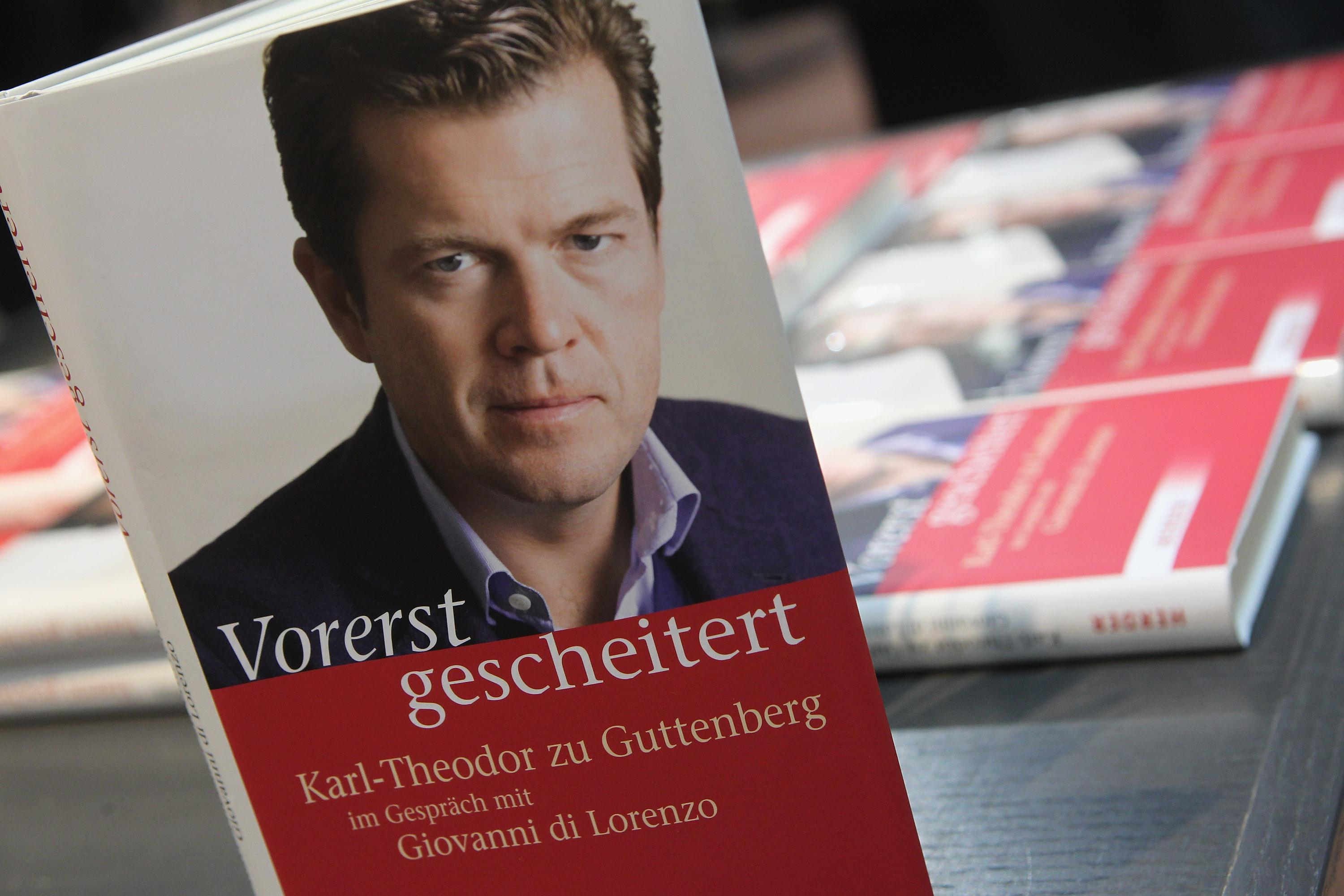Last year in Vanity Fair, Michael Lewis claimed that “the German word for ‘shit’ performs a vast number of bizarre linguistic duties.” Lewis suggested that this might be proof, in the words of anthropologist Alan Dundes, of a “private obsession” shared by Germans. Lewis’s argument was widely disputed.
And now we have a new piece of evidence that the German word for “shit” can’t do everything Germans need it to do. Yesterday the English-language German news site The Local reported that a jury of German linguists had pronounced “shitstorm” the best English contribution to the German language in 2011.
The quintet of experts, who have convened annually since 2010 to pick an “Anglicism of the Year,” weighed a group of nominations including “occupy,” “haircut,” and “tablet.” (Last year’s winner was “leaken,” as in Wikileaks). According to guidelines posted on the website, the winning word must “fill an interesting gap in the German vocabulary,” elucidating “something … previously described only with difficulty.” What does shitstorm elucidate? “An unexpected, persistent wave of indignation over the behavior of public figures or institutions, transported via social networks and blogs.”
“Shitstorm” burst over the German lexicon last year as a perfect descriptor for reactions to the Greek financial crisis, and to a plagiarism scandal involving former Defense Minister Karl-Theodor zu Guttenberg. It carried a useful sense of argument spilling over into insult. (“Kritik,” the German term for criticism, didn’t quite capture a level of outrage so intense it forced its targets to respond—which Guttenberg did, in March, by resigning).
As far as Slate can tell, Germany is the only country that holds an “Anglicism of the Year” competition. Many U.S. and U.K. organizations select English words of the year, of course (sometimes wisely, sometimes less so).
We checked to see if a contest for German additions to the American vocabulary exists, but U.S. culture appears to be predictably insular in this regard. If only more of us would get over the angst we seem to have about foreign culture from kindergarten on, maybe we could make the many foreign borrowings of English a bigger part of the zeitgeist.
